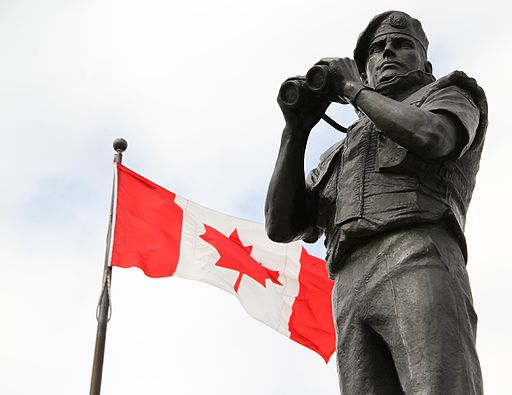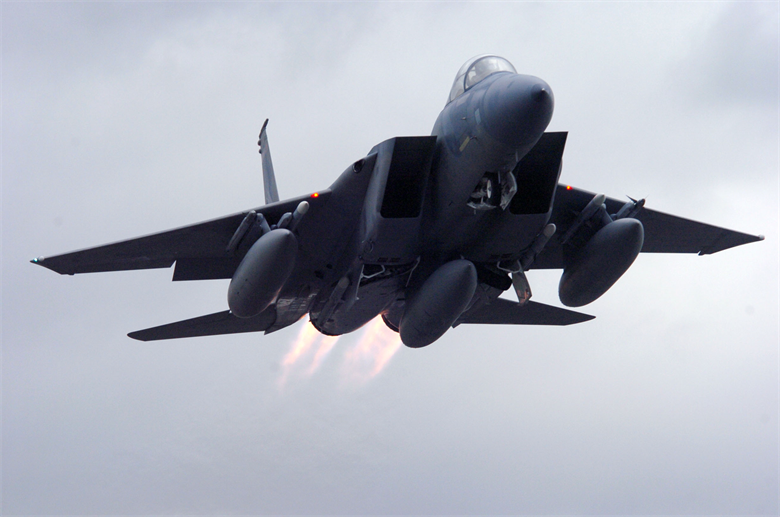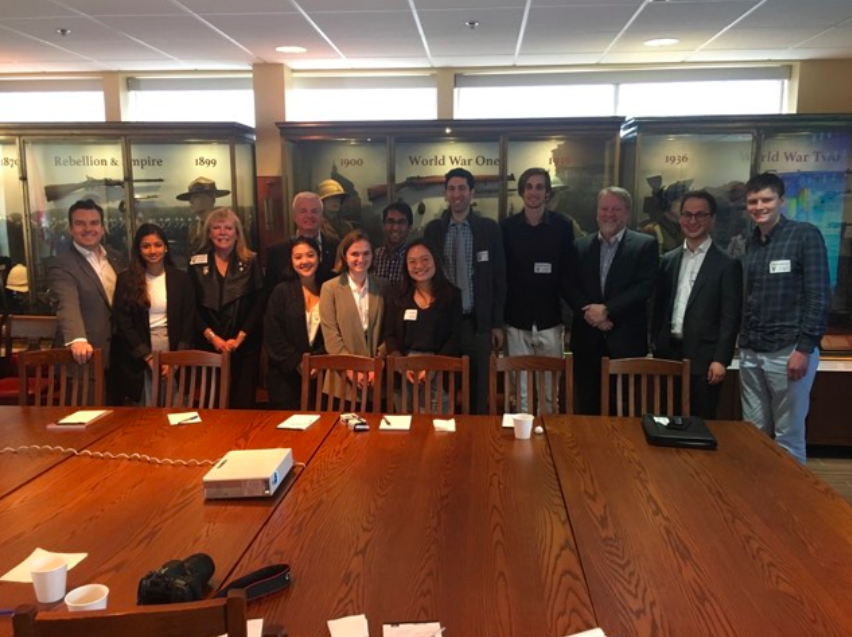In October 2015, Justin Trudeau’s victory speech promised that “Canada is back”, ushering in a wave of nostalgic sentiment for Canada’s diplomatic past. Of note would be Trudeau’s promise to restore Canada’s image of foreign policy based on Peacekeeping to resolve international disputes. Peacekeeping involved sending neutral third party observers to maintain cease-fire agreements and to guard the peace in non-aligned third world states during the Cold War. The Suez Crisis’ success became the benchmark for future peacekeeping operations and convinced Canadians, as well as the United Nations, that third party observers could have a significant impact on deescalating conflicts between nation states. This nostalgia for peacekeeping became so prevalent in the national memory that many today ignore the grim reality that blue berets face in conflict zones.
The Suez Crisis emerged as a result of Egyptian President Gammal Abder Nasser’s nationalizing the Suez Canal, a waterway essential to trade in the Middle East. Israel France, and Britain invaded Egypt in 1956 to deter further Egyptian nationalization and to regain a foothold in international trade. The UN Assembly called for a ceasefire in November 1956 and Canada’s Minister of Foreign Affairs, Lester B. Pearson, suggested sending in UN peacekeepers to monitor the ceasefire agreement.
The Suez Crisis became not only significant for Canada internationally, but also culturally as a way to distinguish Canadian foreign policy away from that of the United Kingdom. Since the Second World War, Canada shifted its defensive cooperation with the United States through NORAD and the DEW line, essentially marking the beginning of the end of British influence on Canadian foreign affairs. This became apparent during the 1956 Crisis when Canadian peacekeepers was criticized for perpetuating British uniforms and the usage of the term “Royal” to identify Canadian Regiments deployed to the region. As a result, to distinguish themselves from British troops, Canadian troops were issued the now famous blue beret; as a means to reinforce Canada’s role in the UN as a neutral state.The reinforcement of distinction from the Commonwealth and the desire not to be seen as an extension of London’s foreign policy entrenched Canada’s new role on the world stage as a middle power championing alternative means of conflict resolution.
However, championing soft power has had its limitations and can only provide as much security as the warring parties are willing to provide. While Pearson’s peacekeepers handled the Suez Crisis with tact, it is also important to remember that all parties involved in the Crisis had signed the Four Treaties of the Geneva Convention. The recognition of basic human rights meant that the parties involved in the conflict had already accepted international accords and the belief of preserving a degree of human dignity during war. Today, UN Peacekeepers stationed in places such as Mali, and Lebanon face threats from non-state actors who do not recognize the Geneva Convention and the Rules of War. In other words, Peacekeepers in the 21st Century face real threats from terrorist organizations who ignore international accords.
Perhaps what made the Suez crisis such a monumental moment in Canadian diplomatic affairs was the notion that Canada’s contribution would have rigid Rules of Engagement (ROE) stating that peacekeepers would only utilize their weapons if fired upon. These ROEs ensured that self-defence prevailed as a last means solution to otherwise traditional firefights reminiscent of both World Wars and the Korean War. Canadians attached to the United Nations Emergency Force (UNEF I) suffered 22 fatalities during the 10 year deployment; a number that could have been higher had a more aggressive stance been taken to enforce the cease-fire agreement. Canadians at home could take pride in the fact that Canada’s non-aggressive mandate was not only successful and minimized loss of life.
The Suez Crisis remains a glimmering spark of Canada’s past during an era of bi-polarity and decolonization. Canada’s role with UNEF was a mission ensuring that ceasefire protocols were respected by all parties. While Canadians were indeed put in danger, the UN’s ROEs matched its mission as a neutral observing party. Future UN missions would not be so clear cut and the same restrictive ROEs that were successful during the Suez Crisis would prove to limit peacekeeping efficiency in future missions as seen during the 1990s missions in the former Yugoslavia and Rwanda when hundreds of thousands of civilians were slaughtered through ethnic cleansing. Unlike the Suez Crisis, Rwanda and Yugoslavia featured non-state actors motivated by racism rather than being a feature of Cold War decolonization. The Pearson peacekeeping strategy, while successful during its era, became an idealistic dream for foreign affairs after the collapse of the Berlin Wall.
The Suez Crisis created a formula for the UN to replicate for future observation missions. While effective in 1956, the idealism perpetuated from Pearson’s leadership did not always lead to successful intervention for future UN missions. Nonetheless, the Suez Crisis created the blueprints for future UN ceasefire missions and was heralded by the Canadian public as a crowning moment in Canadian history. However, Peacekeeping is not a straightforward concept and each mission ought to be approached with a specific set of ROEs to maintain international dignity and to protect the rights of civilians. Future missions involving the UN and Canada must take the lessons learned from Peacekeeping operations as a whole in order to move forward in an increasingly hostile world.
Photo: Lookout “Peacekeeping Memorial Ottawa (1)” (2012), by Ken Banks via Wikimedia Commons. Licensed under CC BY 2.0.
Disclaimer: Any views or opinions expressed in articles are solely those of the authors and do not necessarily represent the views of the NATO Association of Canada.




